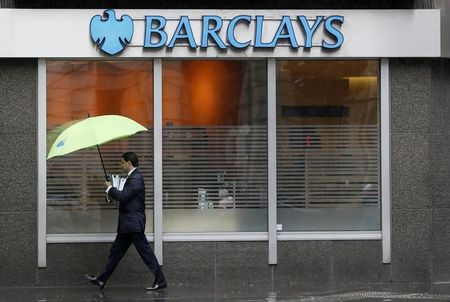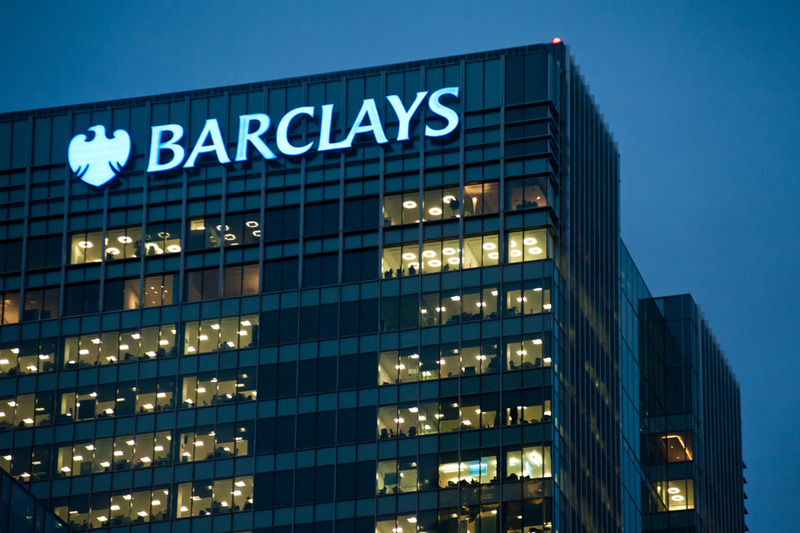(Reuters) - Trading firms and employees raised concerns about high-speed traders at Barclays Plc's "dark pool" months before the United States accused the bank of favouring its high-frequency trading clients, the Wall Street Journal reported, citing people familiar with the firms.
New York Attorney General Eric Schneiderman filed a lawsuit last month, accusing the Barclays dark pool of giving high-frequency traders an unfair advantage, even though the bank had promised investors they would be protected from "predatory" and "toxic" traders.
The lawsuit alleges that Barclays executed nearly all of its customers' stock orders on its LX Liquidity Cross dark pool alternative trading system instead of on exchanges or other venues that might have offered better prices.
Some big trading firms noticed that their orders weren't getting the best treatment on the dark pool and began to grow concerned that the poor results were due to high-frequency trading, the Journal said.
Dark pools let institutional investors trade large blocks of shares anonymously and only make trading data available afterwards so that investors with large orders are not at a disadvantage.
A number of Barclays employees also privately expressed concerns to top stock-trading executives that the London-based bank was giving high-frequency traders too much access to its dark pool without fully informing clients, the newspaper said.
Barclays is expected to respond to the attorney general's civil complaint this week, the report said, adding that the bank is expected to argue that certain emails and other documents cited in New York's complaint were taken out of context.
Mark Lane, a Barclays' spokesman, declined to comment on the report.

Reuters reported last month that Barclays had hired external lawyers to help it investigate the allegations, including Matthew Martens, formerly the chief litigator at the U.S. Securities and Exchange Commission.
(Reporting by Supriya Kurane in Bangalore; Editing by Gopakumar Warrier)
